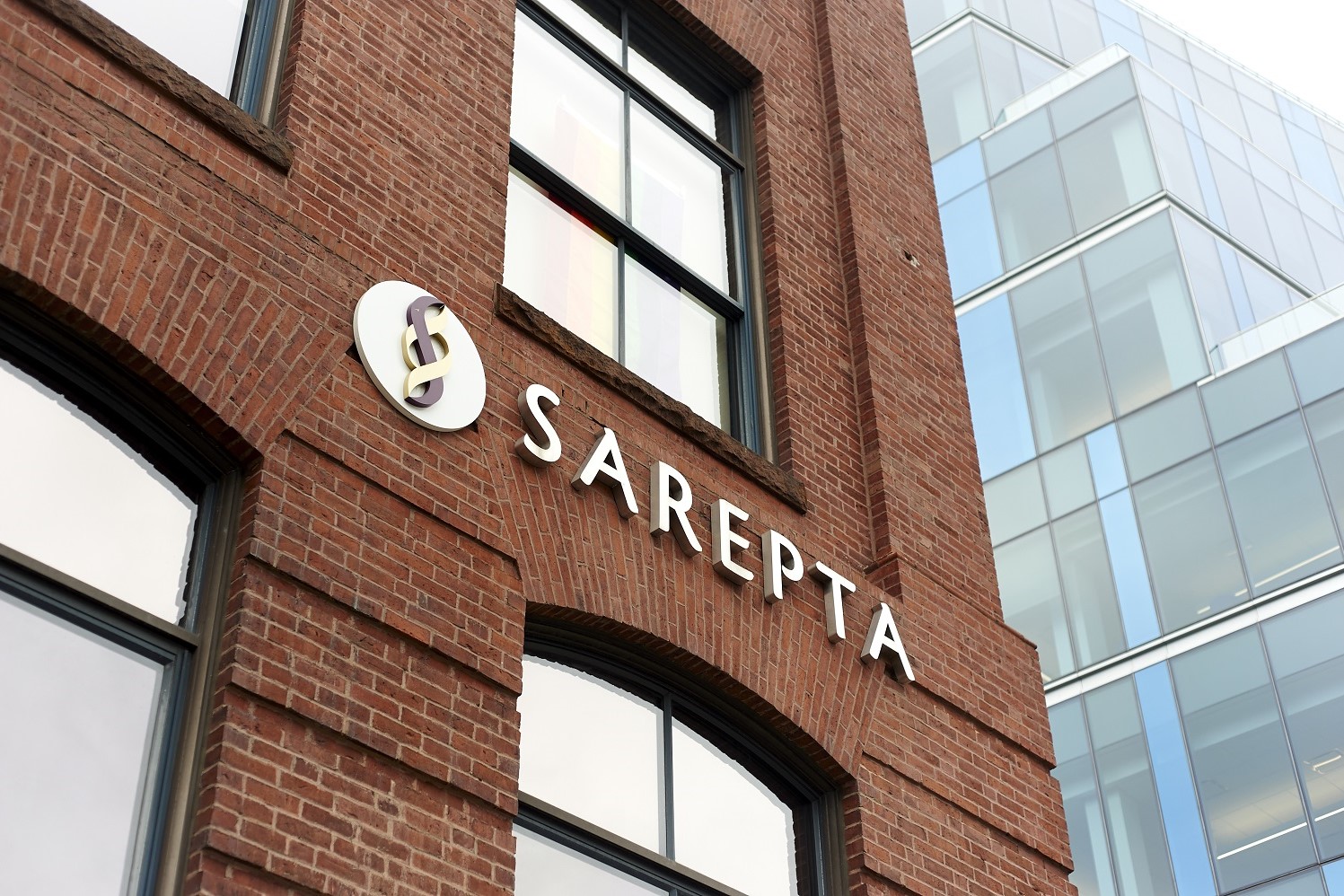(With updates with what other blogs are saying; see below):
The Supreme Court issued a unanimous and somewhat surprising decision limiting the scope of business methods patents. The ruling in In Re Bilski upheld a lower court decision that invalidated two inventors’ patent on a method of hedging weather-related risk in energy prices. The high court said it couldn’t be granted because the process wasn’t “tied to a particular machine or apparatus” and it didn’t “transform a particular article into a different state or thing.”
The biotechnology and pharmaceutical industry trade groups had asked the high court to overturn the ruling because many of their members’ patents rely on similarly vague methods claims and are not related to actual products. The recent court decision invalidating Myriad Genetics patents on the BRCA1 and BRCA2 genes was at risk if the Bilski case went the other way.

Shifting the Payer Landscape with Health Tech
A new eBook from HLTH and MedCity News captures how health insurers and their partners are using health tech to improve the patient experience.
The primary plaintiff in the Myriad suit — the Public Patent Foundation — found little solace in the ruling. “It’s a waste of paper,” wrote Dan Ravicher, the group’s executive director. “It does nothing but punt the issue to be fought again in the future. Both the plurality and the concurrence rely on conclusory labels without any meaningful definition. Everyone can claim victory, except of course Mr. Bilski himself.”
Still, the ruling could lead to more patent challenges against overly broad patents that claim ownership of genes and pathways based on their proven relationship to a disease, even when the claimant has no “machine or apparatus,” i.e., a drug, that would affect the disease. Let’s hope so. I’ve seen many patents whose claims read something like this: “This invention entails the XXX gene, whose overexpression creates a surplus of the YYY receptor, which creates a pathway known to be involved in ZZZ disease, so this patent claims any and all methods of inhibiting or promoting that pathway.”
While the Roberts court is almost always business friendly, this ruling seems to be a blow for common sense and is positive for innovation, despite the protests of the biotech industry. It should enable more small companies to conduct experiments in areas previously walled off by overly generous methods patents.
What others are saying:

Physician Targeting Using Real-time Data: How PurpleLab’s Alerts Can Help
By leveraging real-time data that offers unprecedented insights into physician behavior and patient outcomes, companies can gain a competitive advantage with prescribers. PurpleLab®, a healthcare analytics platform with one of the largest medical and pharmaceutical claims databases in the United States, recently announced the launch of Alerts which translates complex information into actionable insights, empowering companies to identify the right physicians to target, determine the most effective marketing strategies and ultimately improve patient care.
- The ruling will have limited impact on biotech and will depends on the facts on each case, according to the Cross-Border Biotech blog.
- Bloomberg: Myriad, Diagnostic-Test Makers May Get Boost after Top Court Patent Ruling.
This post appears through the MedCity Influencers program. Anyone can publish their perspective on business and innovation in healthcare on MedCity News through MedCity Influencers. Click here to find out how.












